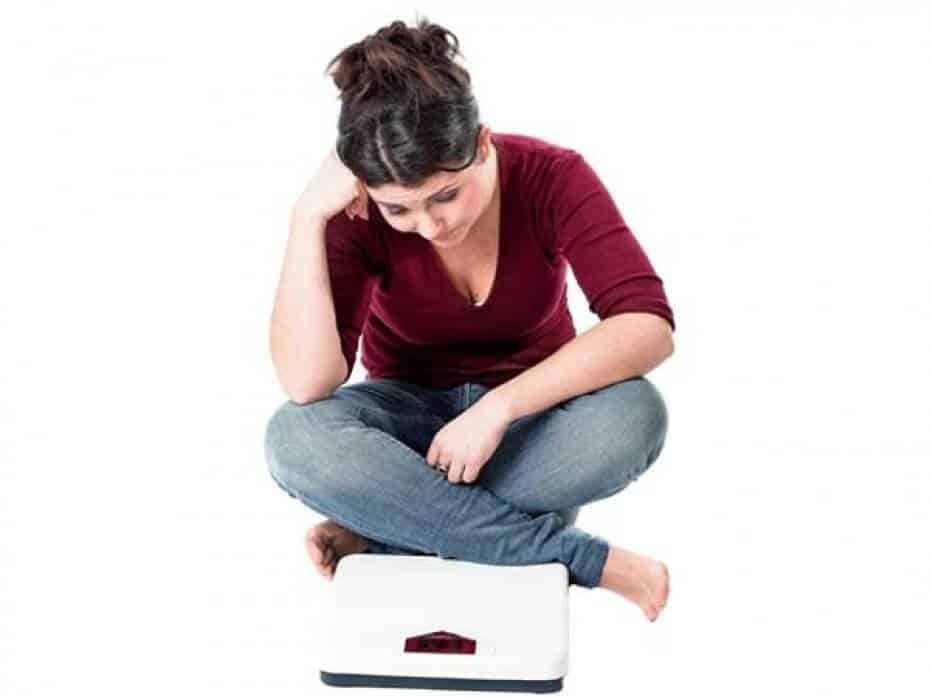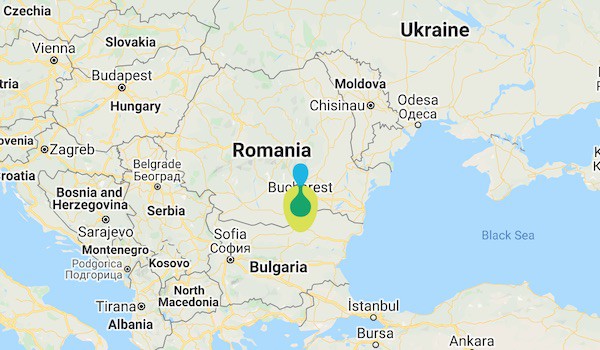If you’re retaining water, you’re probably part of the group of people with weight problems who want to lose weight yesterday. And, as you probably know, unlike starvation, dehydration produces incredible weight loss results in the short term. Whether it’s about slimming teas, drugs or supplements that “eliminate water retention” or ketogenic diets, nothing seems to be as effective as the weight loss results of dehydration. It’s just that you do not cut the branch under your feet, but… you put the whole tree on fire.
Now, most adults recognise the signs of dehydration and take them seriously when it comes to their own children.
We know that a child with obvious signs of advanced dehydration – pale skin, burning lips, fatigue or apathy, superficial breathing, cramps, nausea and confusion – should be consulted urgently by a doctor who may prescribe rehydration salts and diet or even hospitalisation. For example, such dehydration can occur in an enterocolitis episode, when diarrhea, vomiting or fever, abdominal colic, chills and nausea occur after eating a contaminated food. However, some of the parents of these children use dehydration for weight loss, forcing them to ignore how they feel when they experience the same symptoms of dehydration. Everything in the name of fast weight loss.
The first bad news is that the fat tissue mostly contains no water.
If you retain water, you don’t care if the fat tissue contains water or not: you see that today you do not fit to your yesterday pants, and you feel like screaming at the mirror.
But dehydration as a weight loss solution will make you retain even more water in the long term and it will overstimulate the hunger centre from your hypothalamus. Practically, it will be harder and harder for you not to eat whenever, because you will be hungry more often. Then your hunger will increase in parallel with your fat percentage. And it will not increase for foods high in protein (which could help you with your water retention and fat loss), but for foods high in fat and sugars.
The second bad news is that although supplements that “eliminate water retention” are cheap and effective in the short term, legally they don’t need to be tested in the long term.
The difference between drugs and supplements is not that supplements have no side effects but that they legally must not be tested the same as drugs. Although a cheap + fast results product is a safe recipe for success, these products are not as pink as we would like them to be.
I’ve heard so many times, “Take this, it’s natural / it’s only herbs, do not worry” that sometimes I wonder if pharmacists or various specialists recommending dietary supplements know the legislation behind these products. Cocaine is natural too.
The fact that many people chose not to not look behind the nice pink fence painted by food supplements manufacturers does not mean that these products have no side effects.
In order to better understand what I mean, I will use 3 purely natural supplements – zinc, cranberry and nettle extract – which are “completely pink” on the paper, but contain active substances that can interact with other active substances (either exogenous from other supplements or drugs administered in parallel, or endogenous – involved in various processes of your body).
Zinc supplements interfere with:
- the efficacy and side effects of anticoagulant medications and supplements (heparin, Ginkgo Biloba), non-steroidal anti-inflammatory drugs (aspirin, ibuprofen), hypoglycemic drugs (insulin or other drugs for diabetes), antibiotics, antidiarrheals, antidepressants and many others
- the intestinal absorption of iron, calcium, magnesium, phosphorus, vitamins B, A and D.
Some effects appear more frequently epidemiologically, others are only demonstrated in the laboratory. And we can ignore them comfortably because they are not mentioned on the tag.
Cranberries are delicious and I highly recommend them: along with a bunch of raw almonds, for example, they can provide a healthy meal when you have no time or access to other foods.
But the daily intake of cranberries supplements can cause abdominal cramps and diarrhea or can mask an insufficiently treated urine infection, no matter if they were taken for water retention or for urinary infection.
Also, because they contain large amounts of oxalate, excessive intake may increase the risk of urinary lithiasis, further increasing the risk of urinary infection.
And, just like zinc, cranberry supplements may increase the risk of bleeding, especially in people taking anticoagulant drugs like Aspenter, because of the high salicylic acid content (yes, exactly, aspirin).
The keyword in this story is “excessive” – word whose practical significance varies from one person to another, and – in the same person – depending on the state of health and the co-intake of other drugs or supplements.
Nettle – has been on the market “since grandmother was young” and we eat it with great pleasure during spring in soups or mashed with egg and polenta. Everybody knows it is healthy, and I do not say otherwise. Just one thing is to eat or drink some tea from time to time, and another thing is to take supplements containing nettle extract. But, as many times happens, more of a good thing is not necessarily better.
Excessive intake of nettle dietary supplements can cause abdominal cramps, abundant sweating, diarrhea, and they interfere with anti-diabetic, anticoagulant, antihypertensive or anti-inflammatory medication.
This does not mean that – occasionally administered – zinc, cranberry or nettle extract would be dangerous, but that the same risk / benefit ratio that you do mentally when deciding whether or not to take a drug should also be done when deciding whether or not to take a dietary supplement.
The third bad news is that the retention of water per se may worsen as you use drugs or supplements for water retention.
Even the most natural diuretics do not treat the cause of water retention, but the effect. If you retain water, you first need to know why you’re retaining water.
Water retention may have a behavioural cause. And, although it occurs in people standing too much, it also occurs in those who sit for hours in the office: after long days many feet swell and tend to get out of their shoes and many rings are moved on smaller fingers.
In addition to office sedentariness, the extra 2 kg that appear every evening in the body of many people who retain water is also due to the on-the-run intake of foods or drinks too rich in salt (fast food, pizza, pickles, canned food, sausages and other deli meats). And then they are only hydrating with coffee, tea and soft drinks – and not with water, because… they retain the water.
Moreover, too drastic diets packed with periodic overeating – and again diets, and again overeating – may even worsen water retention. And so, day by day, until you no longer recognise your body in the mirror.
So – before you take more or less natural diuretics – please think if:
- is there a medical cause behind your water retention?
- do you also take other dieteray supplements or medications?
- do you do sports?
- are your abdomen and thighs toned enough to wear those high heels?
- do you eat on-the-run foods high in salt?
- do you constantly hydrate only with soft drinks and coffee?
- do you go on drastic diets and then overeat?
Still treating the effect by ignoring the cause will only aggravate that cause.


